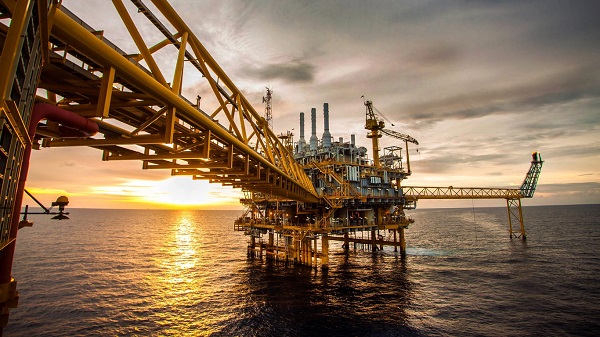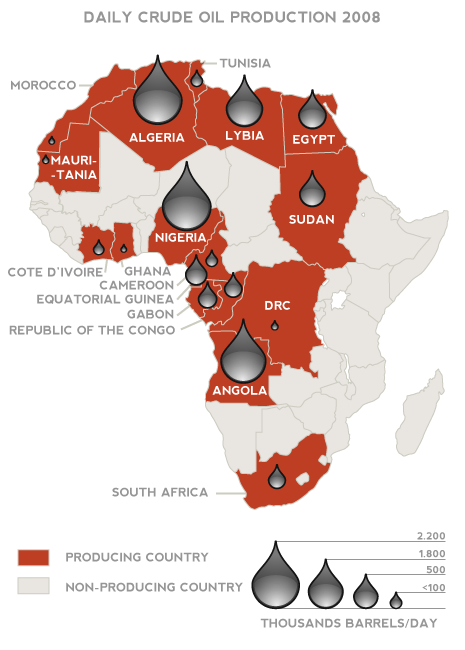$150 B losses by African oil producers


•Energy Chamber says continent’s capital expenditure stands at $33b
•Upstream investment to decline by $34b by 2025
Between now and 2025, losses due to the outbreak of the Covid-19 pandemic would have cost the oil and gas sector in Africa about $150 billion even as the global community moves towards net-zero emission.
Coming on the backdrop of the Cop26, the African Energy Chamber on the sideline of the Glasgow event, said capital expenditure on the continent’s sector hovers at about $33 billion rebalancings slightly above what it was about a year ago.
Chairman, African Energy Chamber NJ Ayuk, who referenced the 2022 outlook of the sector noted that the future looks optimistic but insisted that the continent must take advantage of every positive trend and not allow existing oil and gas resources to waste.
The concerns for Ayuk were that the current situation puts Africa’s oil sector in a precarious situation, especially in terms of the economic outlook, which has already been affected by the impact of the pandemic.h
“Many of the majors are beginning to divest from African oil and gas projects because of the issues emerging around the energy transition. But oil and gas remain critically important to meet Africa’s economic and energy needs.
“Our countries rely on oil production for revenue and jobs, and natural gas is still an important means of reducing energy poverty. It’s also essential to build the much-needed infrastructure so we can industrialise and diversify our economies,” he stated.
The Nigerian National Petroleum Corporation (NNPC) had last year, said the country’s oil revenue target declined by N1.06 trillion due to COVID-19 and low crude oil price. The development had crippled government spending as states struggled to receive allocations.
The energy chamber insisted that Africa’s economic survival depends on a thriving, strategically managed oil and gas industry, stressing that African governments must act on how to protect the oil and gas industry.
The 2022 Outlook of the industry released had indicated signs of recovery while warning African governments to step up their efforts to ensure the health and longevity of the industry — and the need for even more immediate and decisive action in the post-pandemic environment.
“If our oil and gas industry is to deliver the benefits of a just energy transition to the African people, our governments must move quickly.
“There’s still time for African governments to take the lead and reshape our future. The 2022 Outlook highlights some positive indicators for the period ahead. But the window of opportunity is small, and we must take advantage of every upward trend,” Ayuk said.
He noted that several major projects have been sanctioned, including the Eni-operated Cuica field in Angola, the Total Energies-operated Tilenga project onshore Uganda, the Chevron-operated Sanha lean gas development, and the CNOOC-operated Kingfisher South project, adding that the development pushed African capital expenditures to estimated $33 billion, slightly above the year-end 2020 estimates.
He expects rig demand to increase, indicating further exploration. Gas-to-power is also expected to increase but underpinned about $150 billion losses in exploration and development expenditure between 2020 and 2025 due to Covid-19.
“Upstream exploration also took a big hit. 2020-2021 discoveries were the lowest in a decade. The upstream outlook for 2022 is more encouraging, with 13 new high-impact wells anticipated. But with crude prices not expected to rebound until 2023, projects will continue to be deferred or deemed commercially unviable, limiting our growth potential. The majors’ upstream investments are expected to decline 2022-2025 by about $34 billion compared to year-end 2020 estimates,” he added.
